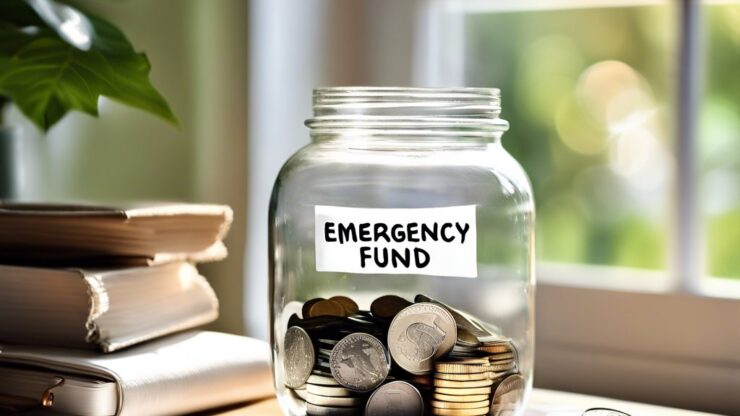In uncertain economic times, having a robust emergency fund is more critical than ever. An emergency fund serves as a financial safety net, protecting you from life’s unexpected events such as job loss, medical emergencies, or urgent home repairs. But how much should you really have saved in your emergency fund? Let’s break it down.
One of the most commonly recommended guidelines is to save enough to cover three to six months’ worth of living expenses. This range is based on the idea that it typically takes several months to secure a new job or recover financially from a setback. To calculate this, consider your monthly expenses, including rent or mortgage, groceries, utilities, and any other bills you cannot avoid.
Here’s how you can calculate your emergency fund needs:
- List your monthly expenses: Write down all your regular monthly expenses.
- Multiply by three to six: Take this total and multiply it by three (minimum) to six (ideal).
- Assess your job stability: If you work in a volatile industry, you may want to aim for the higher end of the spectrum.
While the three to six-month rule is a great starting point, several factors can influence how much you should save. Personal circumstances, job security, and family needs all play vital roles in determining the right amount for your emergency fund.
Consider the following factors:
- Job Security: If you have a steady job with a strong company, you may lean towards the lower end of the savings spectrum.
- Health Costs: If you have ongoing medical needs, you might need a larger fund to cover potential expenses.
- Dependents: Families with children or dependents should aim for a more substantial emergency fund.
Ultimately, tailoring your emergency fund to your unique situation will provide you with peace of mind and financial stability.
Disclaimer
This article has been created or edited with the support of artificial intelligence and is for informational purposes only. The information provided should not be considered investment advice. Please seek the support of a professional advisor before making any investment decisions.






